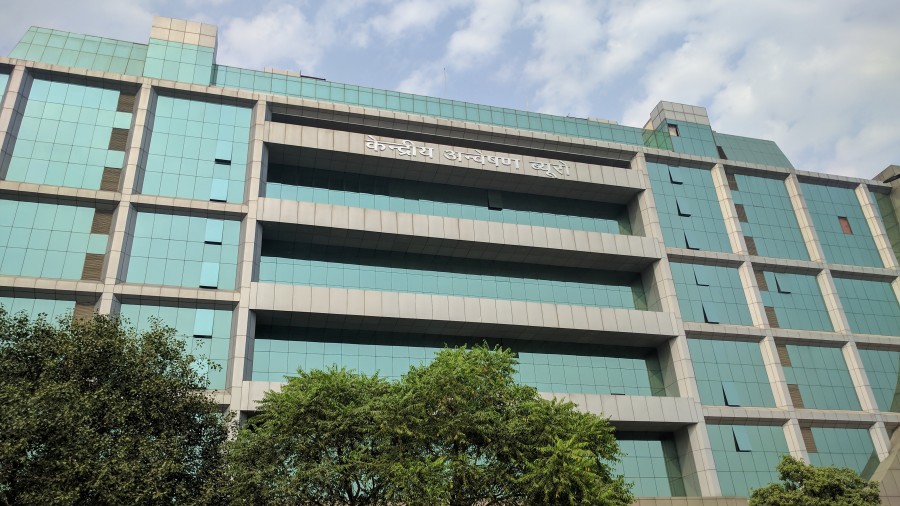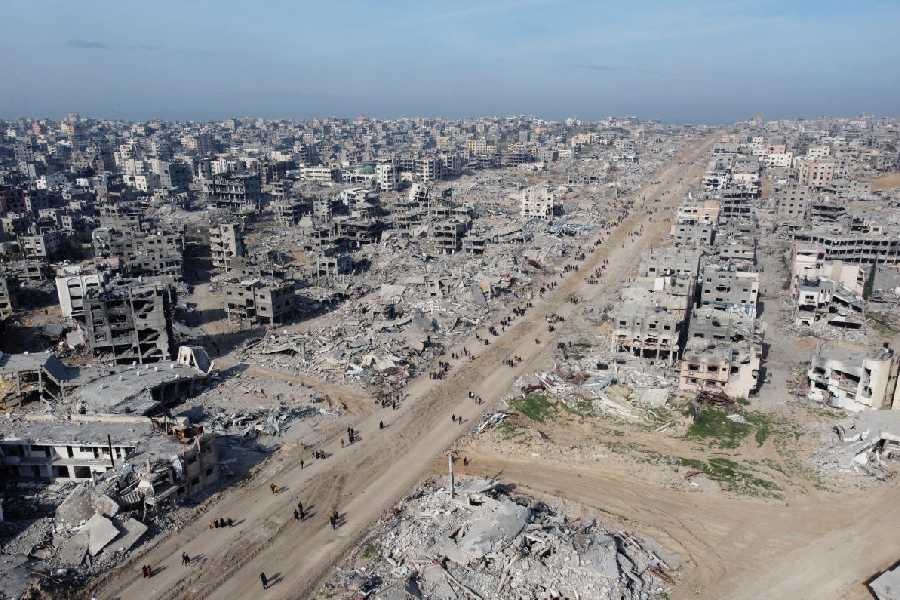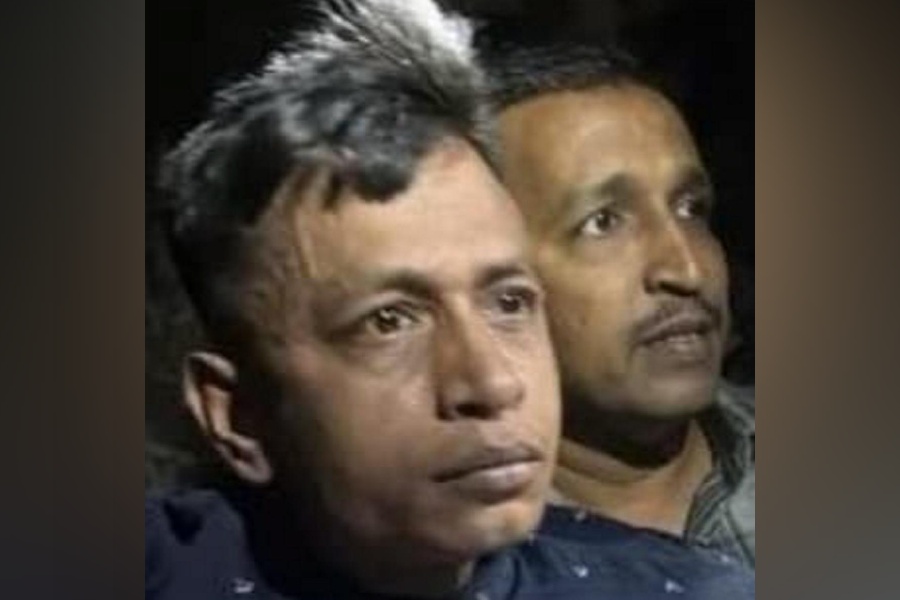The states' veto to the Central Bureau of Investigation's (CBI) power to file cases is a matter of concern and "not a desirable position", a two-judge bench of the Supreme Court said on Monday, referring the issue to Chief Justice of India NV Ramana. The agency had filed an affidavit, pointing out that eight states - West Bengal, Maharashtra, Kerala, Punjab, Rajasthan, Jharkhand, Chhattisgarh and Mizoram -- have withdrawn the general consent to cases against its residents.
Specific consent on case-to-case basis is required now, which is time consuming and detrimental to timely and prompt investigation, the agency had said.
Over the last few years, many non-BJP states have withdrawn general consent, alleging that the BJP-ruled Central government was misusing the agency to settle grudges against political opponents.
The bench of Justices Sanjay Kishan Kaul and MM Sundresh was hearing the agency's plea against an order by the Jammu and Kashmir High Court in a case against two lawyers accused of threatening witnesses and fabricating false evidence.
When the case was heard in September, the Supreme Court had asked the CBI to file an affidavit with details of the steps taken to strengthen its prosecution unit and to identify the bottlenecks it faced.
In response, the agency filed an affidavit, saying the eight states had withdrawn the general consent previously granted to CBI under Section 6 of the DSPE Act.
The Act, under which the CBI has been constituted, says the CBI cannot exercise its powers and jurisdiction in a state without the consent of the state government. Consent of the state is required also to investigate offences listed under Section 3 of the Act in areas specified by the Centre.
"It is noteworthy to mention that CBI has sent over 150 requests to the Governments of Maharashtra, Punjab, Chhattisgarh, Rajasthan, Jharkhand, West Bengal, Kerala and Mizoram during the period 2018 to June, 2021 for grant of specific consent for investigation of cases in the territory of these States. The aforesaid requests were made for investigating Trap cases, Disproportionate Assets cases, cases relating to allegation of cheating, forgery, misappropriation and loss of foreign exchange and also Bank Fraud cases. Requests were granted in less than 18% cases, which were related mainly in cases of Trap of corrupt central public servants," the affidavit read.











